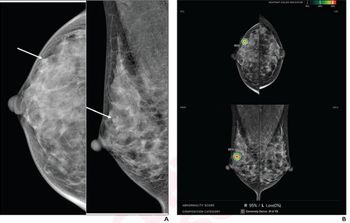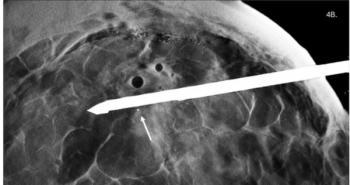
Medison introduces two new ultrasound systems
The Medison SonoAce 9900 is a fully digital Windows NT 2000-based ultrasound system with multispecialty applications in general imaging, ob/gyn, perinatology, cardiology, vascular, small parts, musculoskeletal, and urology. Medison of Cypress, CA,
The Medison SonoAce 9900 is a fully digital Windows NT 2000-based ultrasound system with multispecialty applications in general imaging, ob/gyn, perinatology, cardiology, vascular, small parts, musculoskeletal, and urology.
Medison of Cypress, CA, introduced the new system at this months Federation of International Gynecology and Obstetrics (FIGO) meeting in Washington, DC.
The SonoAce 9900 incorporates digital multibeam signal processing supporting phased-sector, curved, endovaginal, and linear array transducers. The transducer frequency range is from 1 MHz to 12 MHz. The system includes M-Mode, color Doppler, pulsed and continuous-wave Doppler, and power Doppler capabilities.
Digital 3-D imaging offers multibeam signal processing capability allowing 3-D in such applications as power Doppler and multiplanar imaging. The SonoAce 9900 includes the 3-D volume quantification method, Virtual Organ Computer Aided Analysis (VOCAL), to assess the volume of anatomical structures and masses.
Medisons Voluson 730 ultrasound system is a premium high-end, fully digital Windows NT 2000-based ultrasound system that will replace the Voluson 530D. The new systems digital platform is designed to expand current technologies and the possibilities for future applications. The 2000 digital platform offers capabilities for enhancing tissue information display; an increased frame rate, to define fast-moving structures; and the first real-time 4-D volume imaging, for higher quality results and a significant increase in available diagnostic information.
The Voluson 730 provides true real-time volume data acquisition to image fetal movement without any artifacts or loss of information. The system also offers 3-D volume quantification, advanced harmonic imaging, a quad digital beamformer, and online remote diagnostics. FDA clearance is pending.
Newsletter
Stay at the forefront of radiology with the Diagnostic Imaging newsletter, delivering the latest news, clinical insights, and imaging advancements for today’s radiologists.














